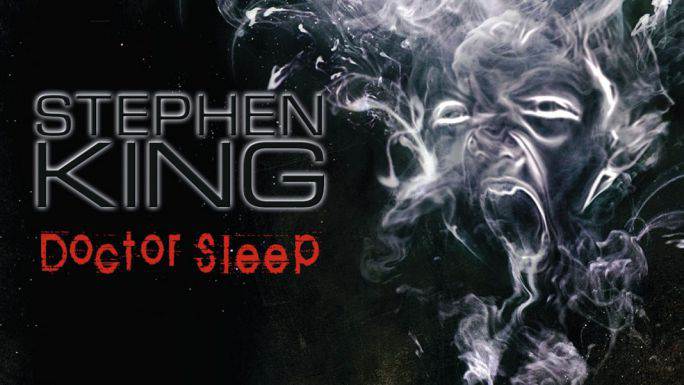
However, the biggest change Kubrick made to The Shining came at the close of his adaptation. While Flanagan’s film makes an admirable stab at following up both Kubrick’s movie and King’s novel, the biggest issues that Doctor Sleep fails to fix come from the tonal disconnect between the duo's divergent visions for The Shining.

However, audiences were less uncertain, with Doctor Sleep becoming a flop and the first major financial misstep of Flanagan’s career. This movie, from the cult horror helmer responsible for everything from Netflix hit The Haunting of Bly Manor to the earlier King adaptation Gerald’s Game, left critics divided over its attempts to follow up Kubrick’s film while also adapting King’s 2014 novel, Doctor Sleep. In 2019, Kubrick’s adaptation of The Shining received a belated sequel in the form of Mike Flanagan’s Doctor Sleep. Related: Stephen King’s IT Theory: Why The Remake's Pennywise Is A Worse Clown Kubrick’s adaptation altered King’s critically-acclaimed novel in numerous key areas, ranging from tone and pacing to the movie’s famously divisive ending.

Stephen King, who authored the original novel of the same name that The Shining was based on, didn’t appreciate the fact Kubrick took huge liberties in adapting his story to the screen. However, one notable dissenter wasn’t as fond of The Shining as film critics or horror fans.


 0 kommentar(er)
0 kommentar(er)
